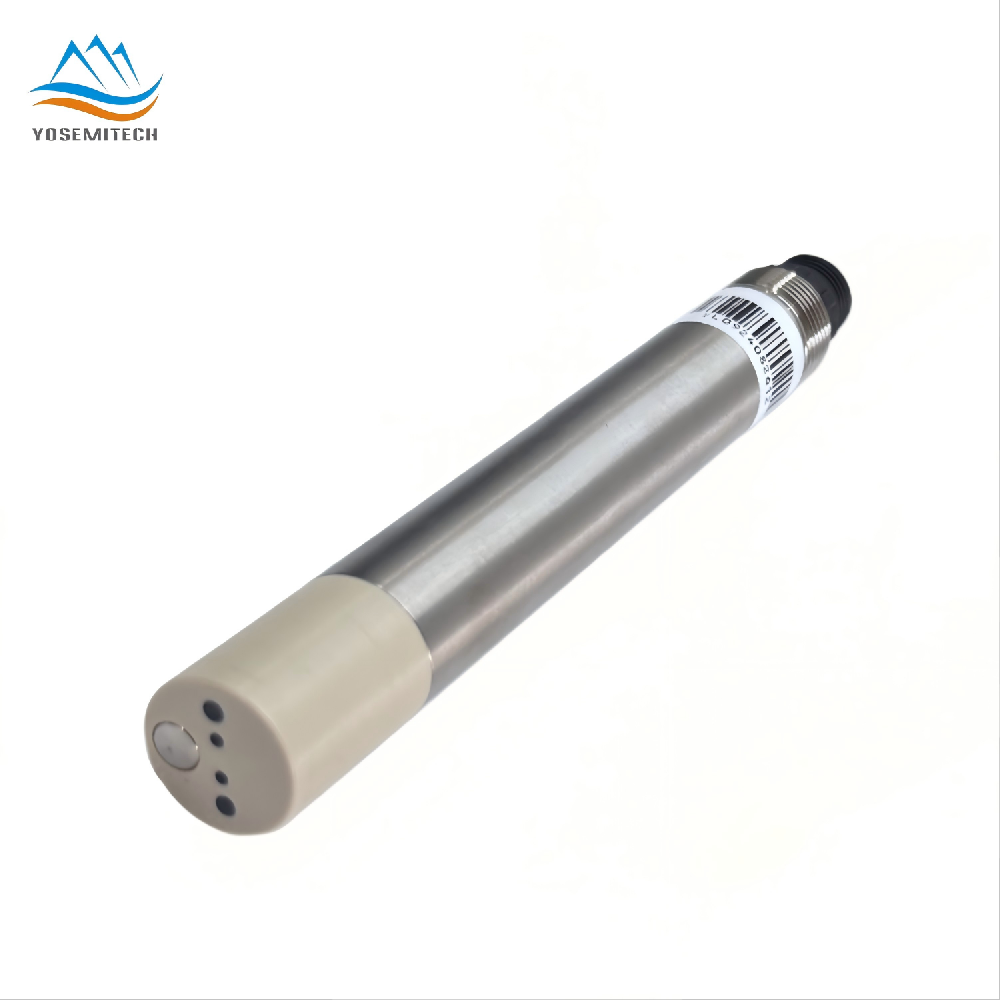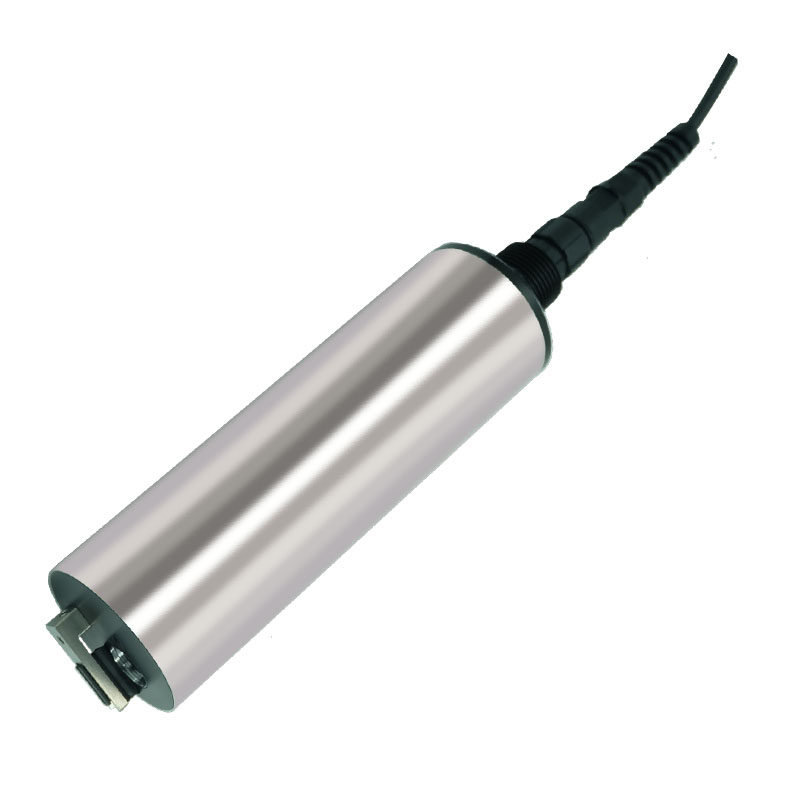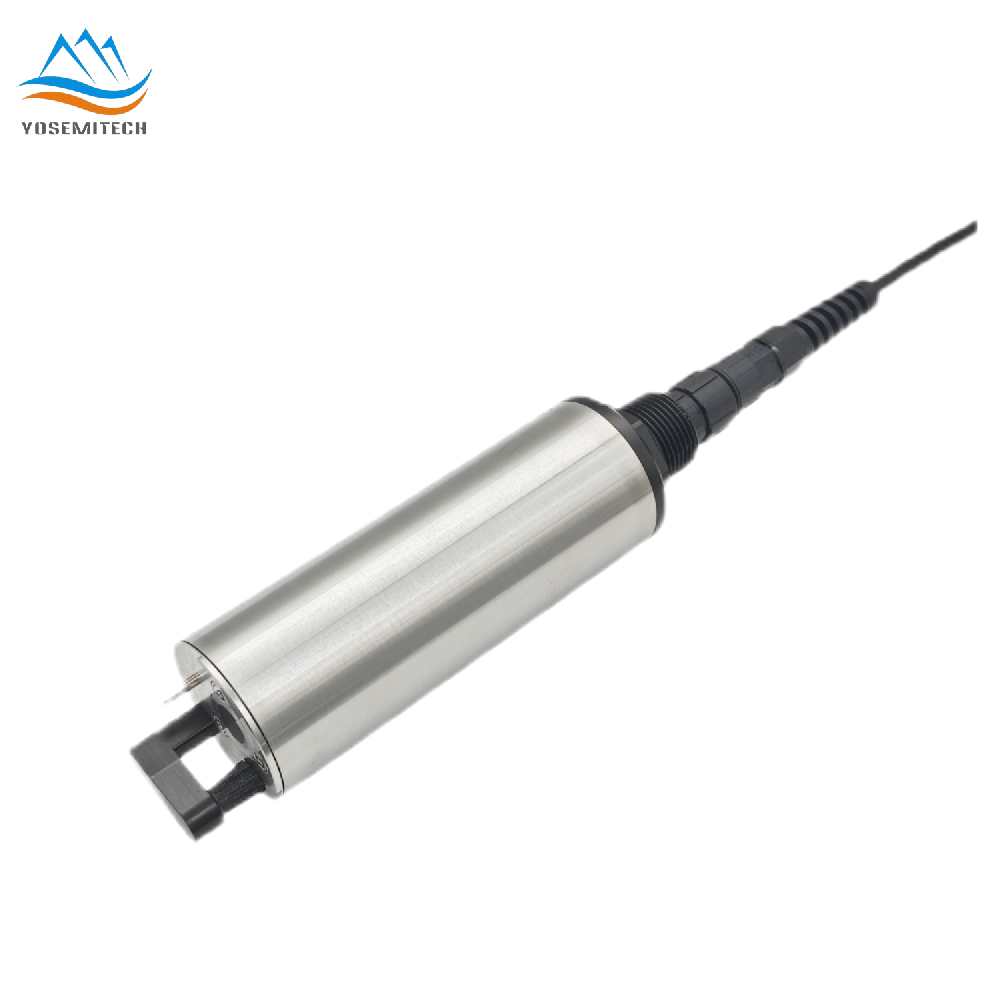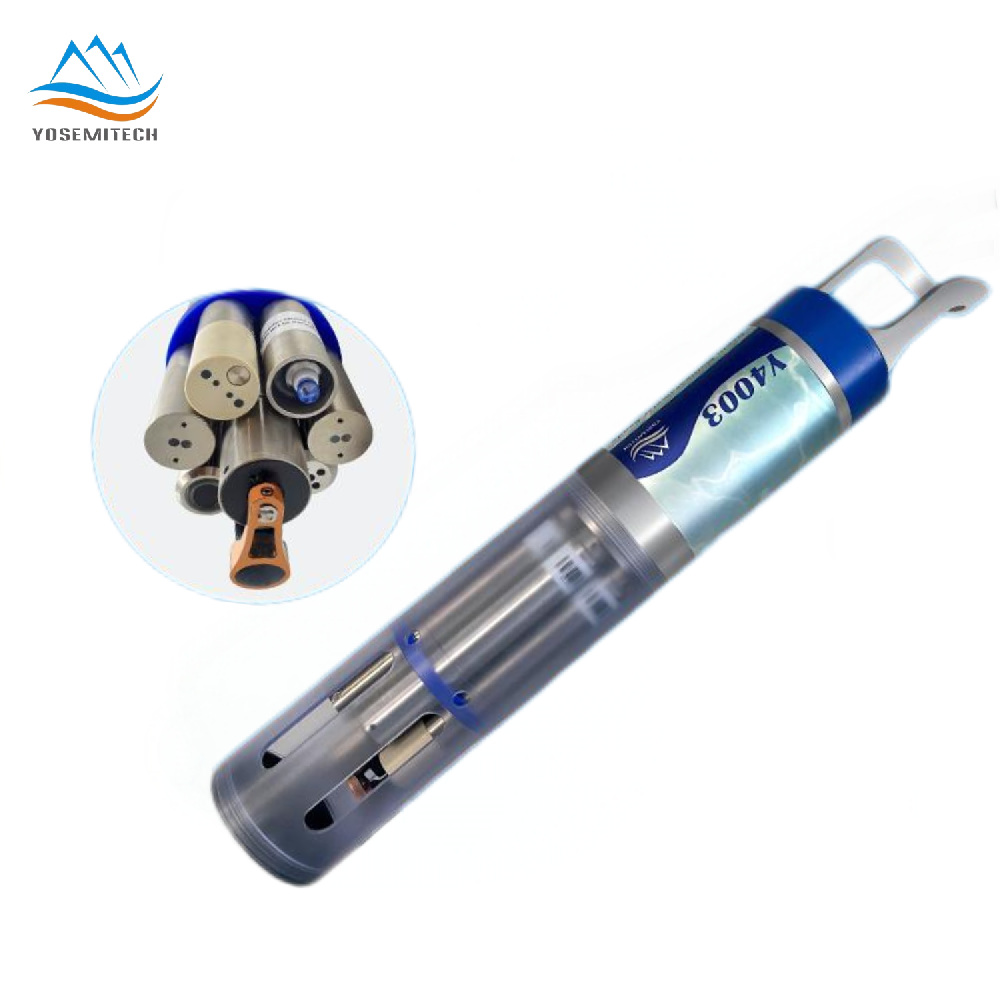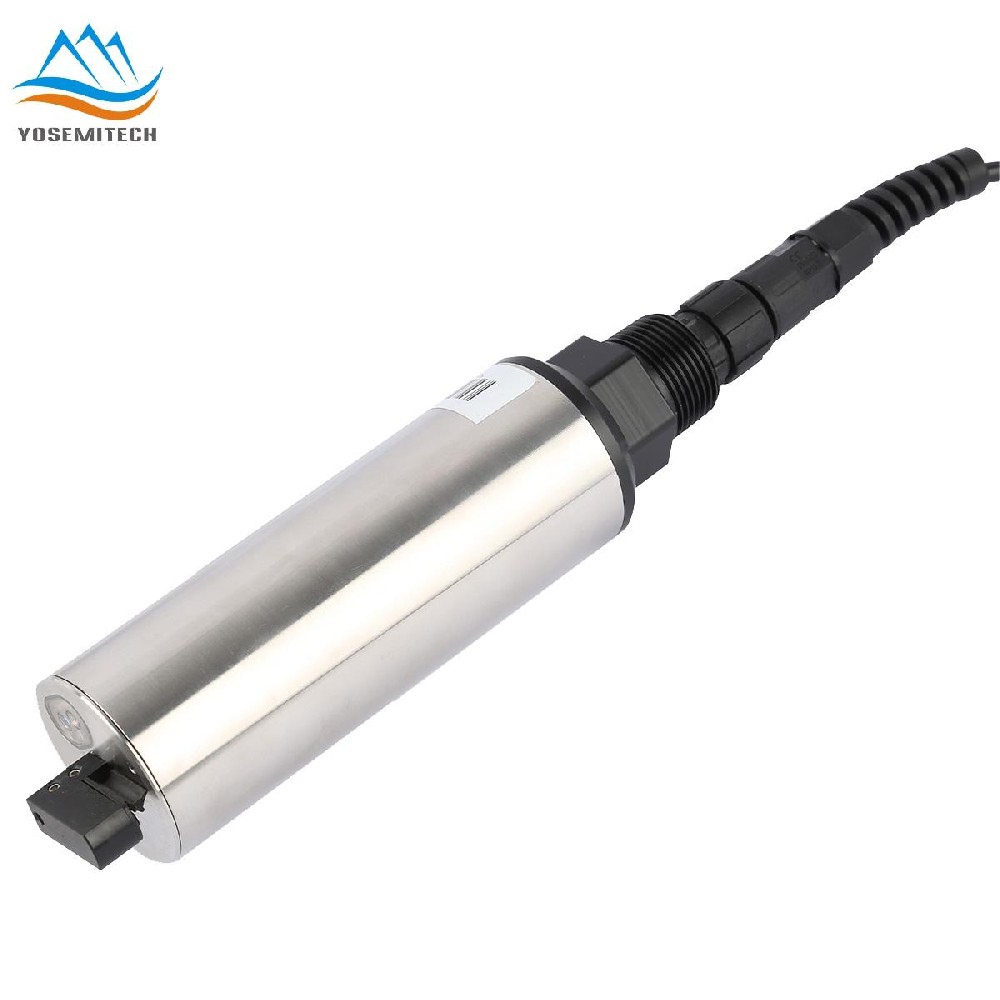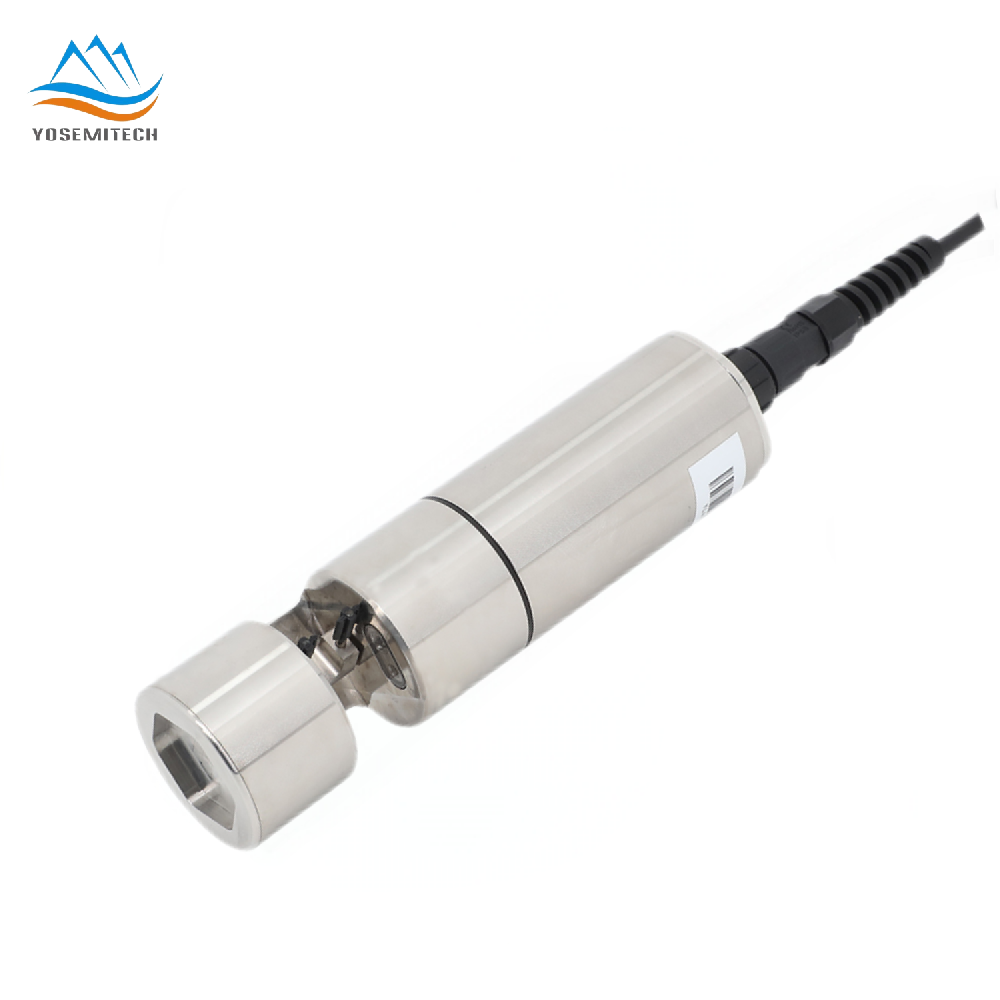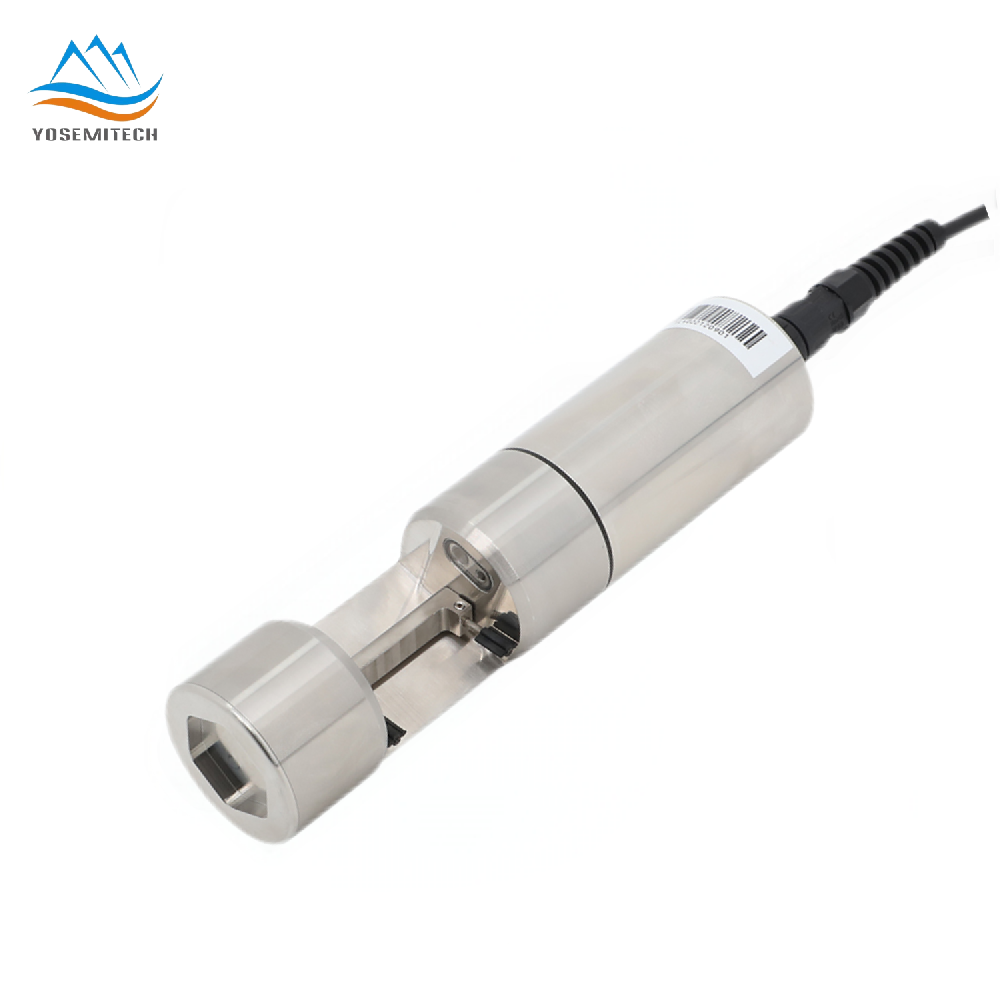Industry news
What is a TSS Sensor?
Writer: admin Time:2025-02-10 14:15:29 Browse:1073℃
What is a TSS Sensor?
A Total Suspended Solids (TSS) sensor is an advanced device designed to accurately measure the concentration of suspended solids present in a liquid medium. These suspended solids typically encompass a range of materials, including dirt, algae, and other particulate matter. TSS sensors play a crucial role in maintaining optimal water quality and ensuring adherence to stringent environmental regulations.
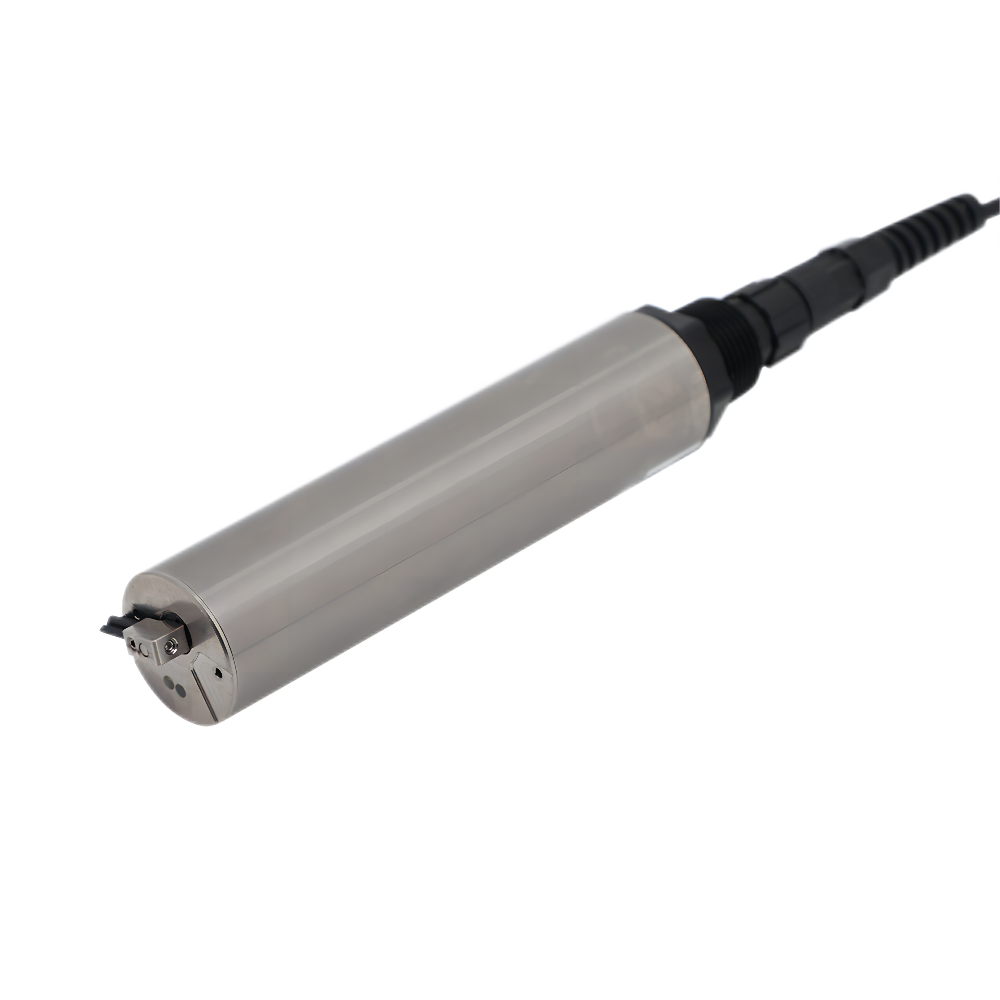
Y512-A Online TSS Sensor-Yosemite Technologies Co., Ltd_UV254 COD, ODO,pH (yosemitech.com)
How Does a TSS Sensor Work?
TSS sensors generally operate using one of the following sophisticated methods:
Optical Method: This widely used method employs light scattering principles to determine the concentration of suspended solids. A light source emits light into the liquid, and the degree of light scattering caused by the particles is meticulously measured. A higher concentration of particles results in increased light scattering, which is then analyzed to ascertain the solids' concentration.
Gravimetric Method: This precise method involves filtering a known volume of water to collect the suspended solids, which are subsequently dried and weighed. While this method offers high accuracy, it is less commonly utilized in real-time applications due to its time-consuming nature.
Key Features of TSS Sensors
Real-Time Monitoring: TSS sensors provide continuous and instantaneous data, facilitating immediate analysis and swift response to any fluctuations in water quality.
Durability: These sensors are often engineered to withstand challenging environmental conditions, making them suitable for rugged outdoor and industrial applications.
Low Maintenance: Modern TSS sensors are designed for minimal maintenance, significantly reducing operational costs and downtime.
Applications of TSS Sensors
TSS sensors are extensively employed across various industries, including:
Water Treatment: They are integral in monitoring water quality within treatment plants to ensure compliance with environmental regulations and standards.
Environmental Monitoring: These sensors assess water quality in natural bodies such as rivers, lakes, and oceans, aiding in tracking pollution levels and environmental impacts.
Aquaculture: In fish farming, maintaining optimal water quality is crucial for promoting healthy growth and preventing disease, and TSS sensors play a vital role in this process.
Food and Beverage Industry: Ensuring the quality of water used in processing is critical, and TSS sensors help maintain high standards of product quality.
Importance of TSS Sensors
Environmental Protection: By effectively monitoring suspended solids, TSS sensors contribute to pollution prevention and the protection of delicate aquatic ecosystems.
Regulatory Compliance: Industries are required to comply with environmental regulations pertaining to water quality. TSS sensors ensure adherence to these regulations, helping industries avoid potential penalties.
Operational Efficiency: The ability to monitor in real-time allows for prompt adjustments in processes, thereby enhancing overall efficiency and reducing waste.
Conclusion
In conclusion, TSS sensors are indispensable tools for accurately measuring suspended solids in liquid environments. Their capacity to provide real-time data renders them invaluable across a spectrum of industries, from water treatment facilities to aquaculture operations. As technology continues to evolve, the significance of TSS sensors in safeguarding water quality and protecting the environment is set to expand even further.
If you're interested in enhancing your water quality monitoring systems, feel free to contact us for more information and assistance!
CATEGORIES
CONTACT US
Yosemitech Technologies Co., Ltd
 +86 19984844080
+86 19984844080
 sales@yosemitech.com
sales@yosemitech.com
 Bldg,25,CECEP Industrial Park, No. 18 Dongchang Rd. Suzhou Industrial Park, Jiangsu Province,China 215126, China
Bldg,25,CECEP Industrial Park, No. 18 Dongchang Rd. Suzhou Industrial Park, Jiangsu Province,China 215126, China
